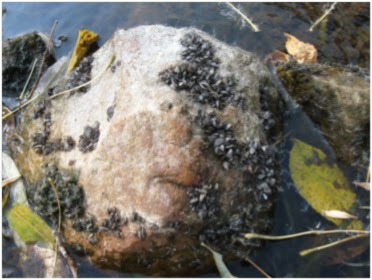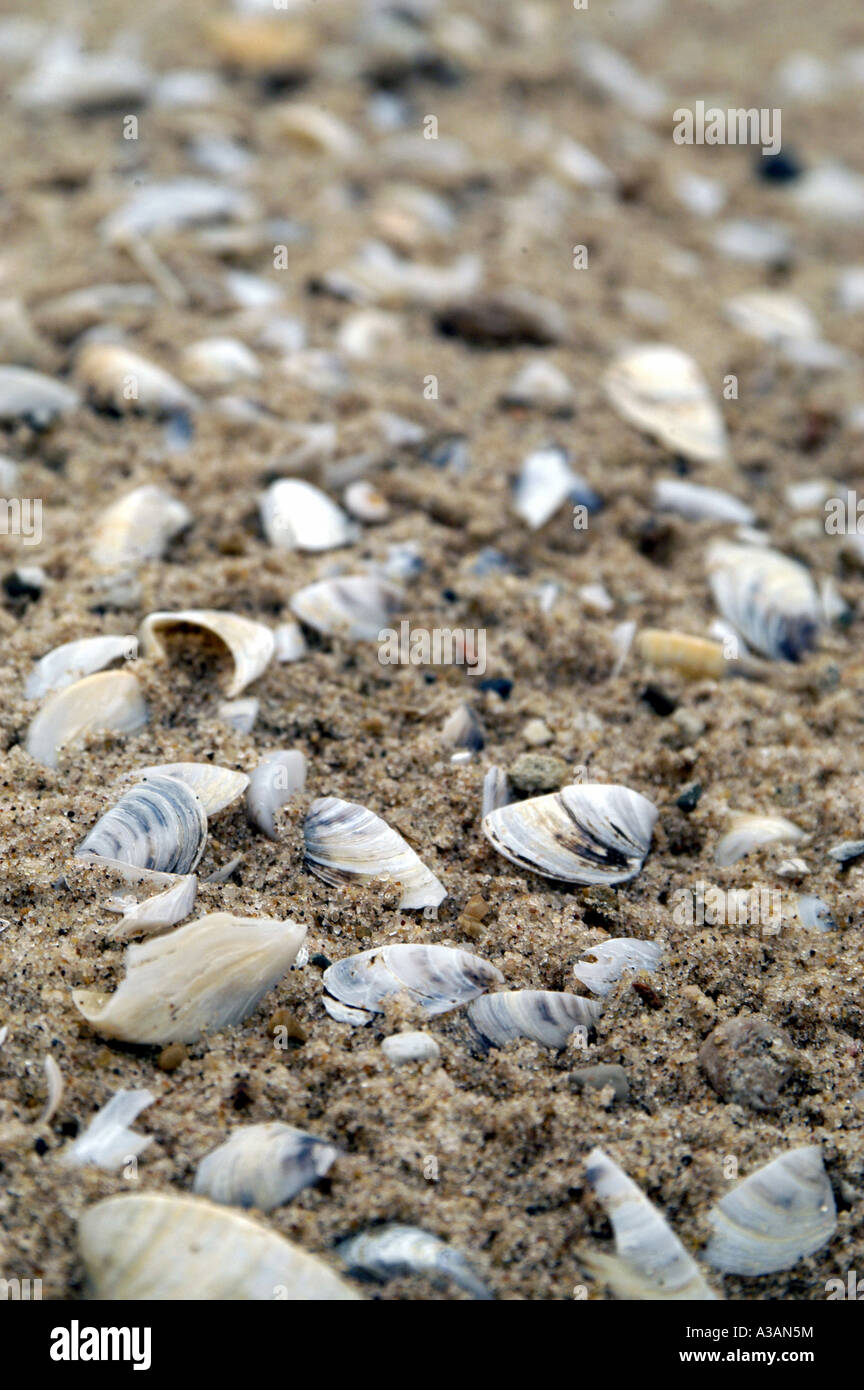

One thing about which everyone can agree is the remarkable ability of exotic species to cause unexpected consequences in ecosystems (U.S.

Furthermore, uncertainties about the response of the lake to phosphorus additions in light of its changing food web have held back plans to apply such a solution. Adding more phosphorus to the lake to stimulate algal productivity has been suggested, but this could result in increased eutrophication of tributary streams and a return to excessive oxygen depletion in the bottom water of the lake. Recent decreases in sport- and commercial-fish harvests, proliferation of zebra mussels, and reductions in phosphorus concentrations in Lake Erie have prompted a renewed interest in how factors such as phosphorus and zebra mussels may be affecting sustainable fish harvests. Because of their filter-feeding behavior, zebra mussels may be affecting fish production in Lake Erie by consuming large amounts of small invertebrates and algae, or plankton, that are the food for small fish, which in turn are the food of larger game fish like yellow perch and walleye. Zebra mussels (shown in the photograph) were introduced into Lake Saint Clair in the mid-1980s and quickly became established in Lake Erie. Researchers worry that as the survivors shift to new sources of food to replace the stuff that the mussels have filtered out, they will move to things like fish eggs, which will make the problems worse for the locals.Concerns about recent declines in some important fish species and the proliferation of zebra mussels, an exotic species, have prompted a renewed interest in the role of phosphorus in Lake Erie. Now, they are all along the Great Lakes and beyond. On average, Zebra Mussels are 1 inch long and each mussel can filter up to 1 liter of water each day. The zebra mussel arrived in the Great Lakes 30 years ago through transoceanic freighters, primarily in the areas of Lake Erie and Lake St. They sometimes have dark rings but are not always easily noticeable. They are triangular in shape and vary in color ranging from tan to brown. Quadrillion? That is 18 zeros folks! For comparison, the Echo reports that there are only 4 trillion fish in the world’s oceans Yikes! In some mussel-infested areas, they now represent up to 90% of all the living creatures of the Lake, meaning that they have squeezed out many native fish and mussel species. Zebra Mussels are on Michigans Invasive Species watch list. A recent Great Lakes Echo posting about newly observed mussel damage, reports ithat there may me nearly a quadrillion mussels in the Lake. This rapid change has Great Lakes scientists concerned. The cleared water allowed sun to reach the formerly dark and rocky lakebed transforming it to a new world carpeted with mussels and mats of algae for the first time. The article detailed how the mussels’ voracious filter feeding had already begun clearing the murky water of the microscopic plants and critters central to the food chain. Two years ago, the Trib eerily noted that the mussels had begun to completely change the ecosystem. As quagga numbers increased, the havoc wreaked by the mussels sped up quickly. But in the years that followed, the heartier newcomer has largely squeezed out the their cousins (both species came from the Caspian Sea in the ballast water of cargo ships). The quaggas came in the late 90’s with little fanfare. Zebra mussels have been known to colonize on native mussel species in groups of up to 10,000 individuals, rendering the native mussel immobile and unable to. When zebra mussels started clogging water intakes in the Lake 20 years ago, their arrival was met with a lot of attention and consternation. And they have won in such spectacular fashion it seems that now there are more quagga mussels in Lake Michigan than there are fish in all of the world’s oceans combined! In the last year or two, a winner has quickly emerged as quagga mussels have largely overrun their more celebrated cousins, the zebra mussel. Since both are about the size of your pinkie nail, think of it as a Clash of the Tiny Titans. SmithA battle has been waged at the bottom of Lake Michigan as two species of invasive mussels duked it out for dominance.


 0 kommentar(er)
0 kommentar(er)
